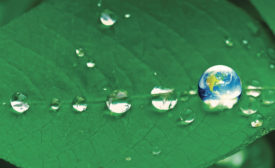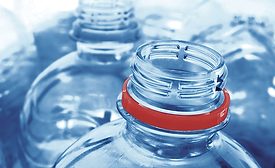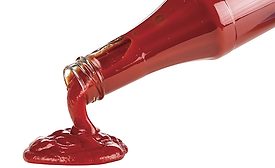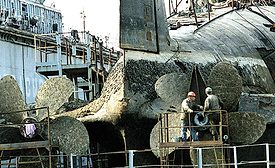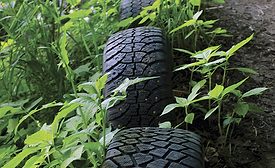Home » Sustainability in Coatings
Articles Tagged with ''Sustainability in Coatings''
Sustainable development is development that meets the needs of the present without compromising the ability of future generations to meet their own needs
Read More
Anticorrosion Coating Industry Transitioning to Sustainable Development
Legislation, Intellectual Property and Industry Analysis
Read More
Keep the info flowing with our eNewsletters!
Get the latest industry updates tailored your way.
JOIN TODAY!Copyright ©2024. All Rights Reserved BNP Media.
Design, CMS, Hosting & Web Development :: ePublishing

